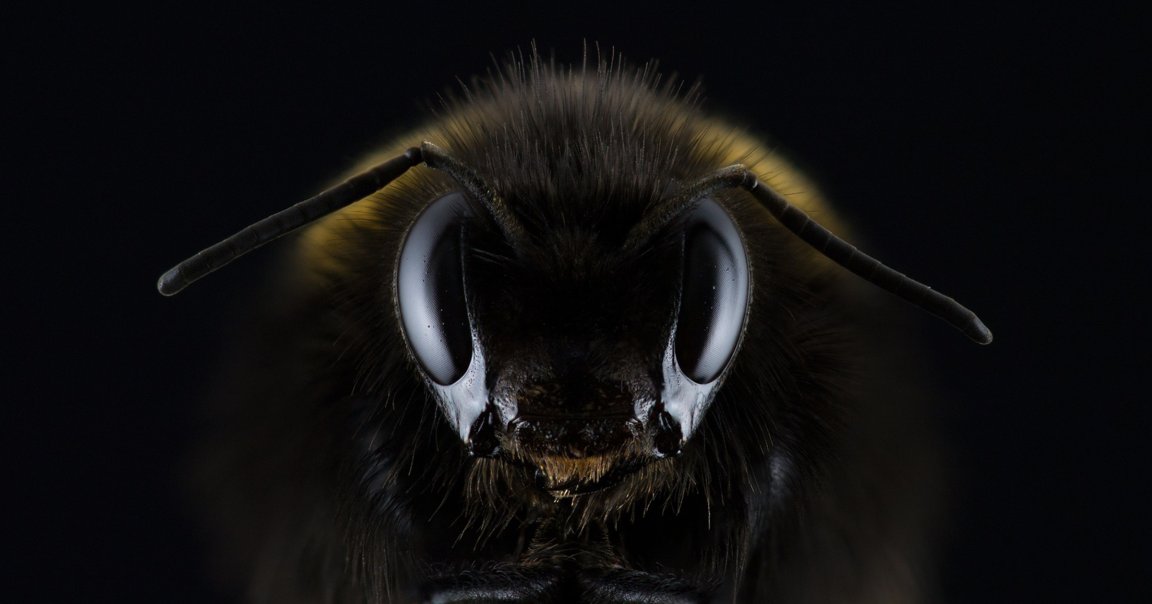
Busy Bees
If you’ve been paying any attention to environmental news — or if you at least caught that Ellen Page documentary — you probably already know that honeybees have been dying off in vast numbers for more than decade.
Scientists believe that the family of symptoms known as “colony collapse disorder” likely has a range of causes, from pollution to viruses. But according to a paper published Thursday in the journal Scientific Reports, a humble mushroom extract might help alleviate many of bees’ woes — and may even help bolster their numbers worldwide.
Fungus Among Us
Mother Jones got the background on the study. Decades ago, a Washington mycologist named Paul Stamets noticed that bees seemed drawn to water droplets on mushrooms in his garden.
After the rise of colony collapse disorder, Stamets was reading about the antiviral properties of fungi for humans. For some reason — his thought process is hazy in the Mother Jones story — he started to wonder whether the bees in his garden benefited health-wise from the mushroom water.
Mushroom Broth
To evaluate his hunch, Stamets set up an experiment with colleagues at Washington State University. Feeding sugary mushroom broth to bees, they found, helped the insects fight off two viruses linked to colony collapse disorder — while bees that drank only sugar water languished with both viruses.
Media reports have used the word “vaccine” to describe the mushroom broth, but Stamets told Mother Jones that he suspects that nutrients in the fungi gives the pollinating insects’ immune systems a boost — as opposed to an actual vaccine, which immunizes the body against a specific disease.
Others will need to replicate the experiment, but its striking results have provided new hope for the future of honeybees.
READ MORE: A New Study Shows How Mushrooms Could Save Bees. Yes, Mushrooms.[BBC]
More on honeybees: Even if We Save the Honeybee, Other Wild Pollinator Species Will Still Be in Trouble